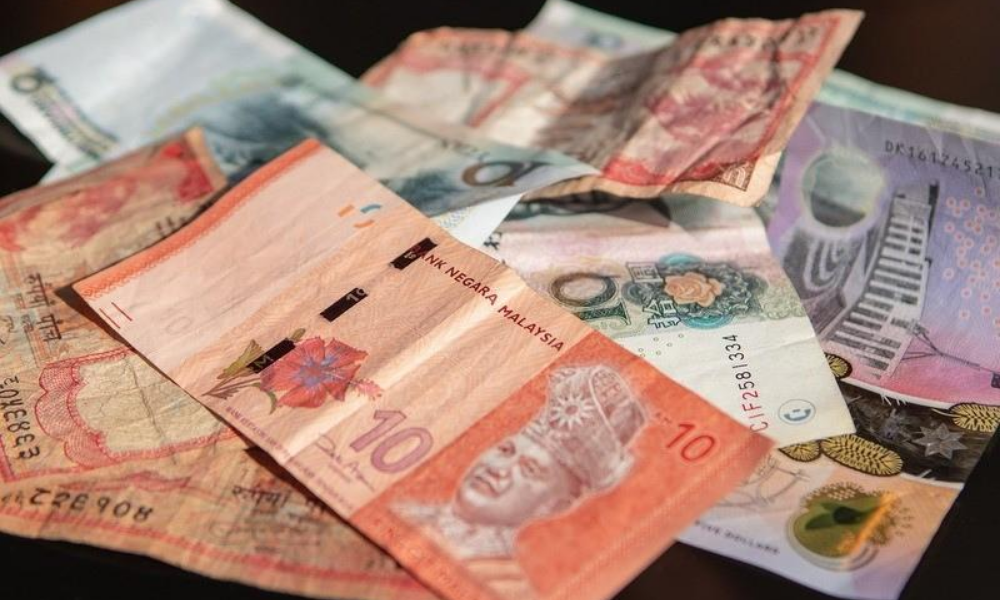Malaysia has been far from immune from the recent global economic turmoil but there are signs that certain industries are thriving.
One such industry is the two-wheel vehicle market, which makes up a significant chunk of the country's industrial manufacturing industry and comprises foreign investors as well as domestic producers.
Of the $283 billion in Malaysia’s exports every year, vehicle manufacturing makes up almost $10 billion.
Malaysia also has the largest auto manufacturing base in South East Asia, which sees not just a huge concentration of global manufacturers but also iconic home-grown companies Perodua and Proton.
As with the rest of the world during the Covid-19 pandemic, the production and sale of automobiles has slumped in Malaysia. However, one subsector has remained robust.
The two-wheel vehicle sector, consisting of the production, sale, and export of motorcycles, mopeds, scooters, and their constitutive parts, has been thriving in the past few months.
In June alone, the Malaysian motorcycle market grew by almost 25% and is due to see record sales of around 520,000 two-wheel vehicles by the end of the year.
While this growth is unexpected, it is certainly good news for the Malaysian economy, possibly indicative of a broader economic upswing.
The rebound of the two-wheeler market should certainly be of interest to foreign investors and forex traders who are looking at the health of the Malaysian economy. For those considering forex trading in related currency pairs - such as the US dollar and the Malaysian Ringgit - it is certainly worth noting how developments such as the two-wheeler market's growth have coincided with a rebound in the value of the Ringgit.

Although the value of the Ringgit crashed against the dollar back in March, it has spent the past few months climbing back up, suggesting that investor confidence in Malaysia is returning.
Much of the two-wheeler market has been revived by strong domestic demand, as workplaces return to normal and residents seek smaller vehicles to help them navigate the perpetual gridlock in cities like Kuala Lumpur.
In addition, manufacturing activity from the many international conglomerates that build their motorcycles in Malaysia, such as Honda and Yamaha, are back in business and churning out bikes like never before.
Such developments likely played a part in the World Bank's recent glowing assessment of the Malaysian economy, which it concluded had fared better than any other major economy in the region.
This is partly because the gross domestic product shrank by just 3.1% in the first quarter of 2020, a fraction of the damage seen in other major economies in the region.
With certain major industries now seeing double-digit growth during the summer, there are many reasons to believe that a strong, investment-driven economy is on the cards for Malaysia.
Part of Malaysia's good fortune in this regard also comes from the fact that industries like tourism that have proven to be particularly vulnerable in recent months, are not a significant chunk of the national economy.
Whether this fact will be enough to sustain long-term growth remains to be seen.

